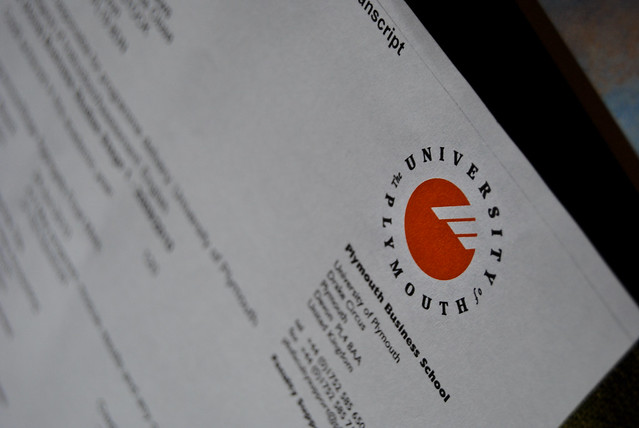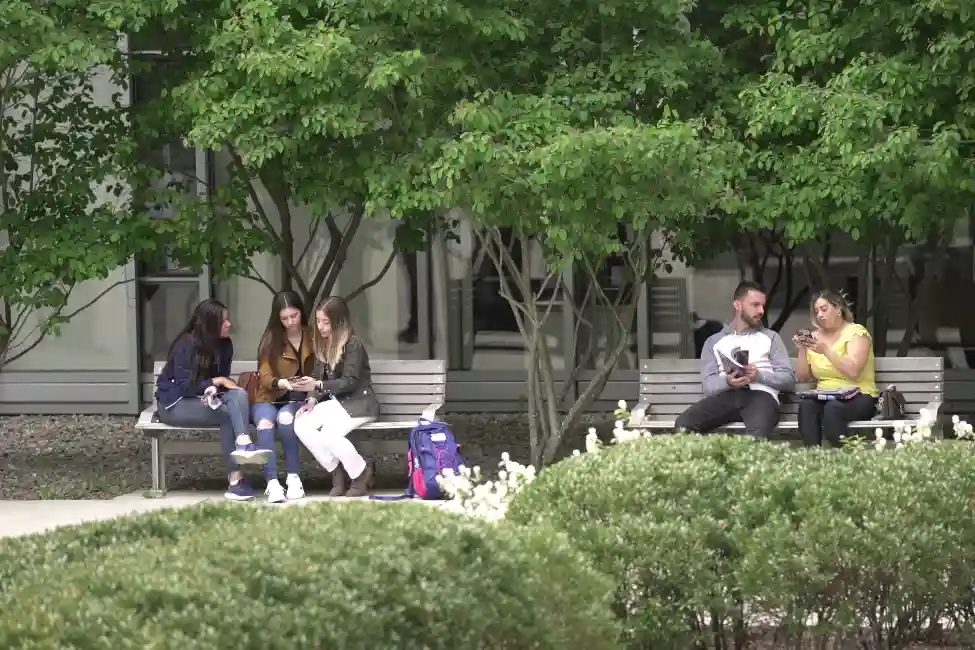Before you leave...
Congratulations you were accepted! Now your mind is racing. “What should I pack?” “What documents do I need?” “Ahhhh! I'm going to be living in another country!” Waves of excitement, panic, and then another wave of excitement rush over you. Somewhere in between all these bursts of emotions and buzzing thoughts, you've been packing and filling out paperwork. You have your list of things you need and you've checked it like a maniac, but let's make sure you remember the really important basics.
Documents: According to EducationUSA, which is supported by the Bureau of Educational and Cultural Affairs at the U.S. Department of State, you will need the following documentation.
- A valid passport. And make sure it does not expire earlier than six months after you arrive to the United States.
- A nonimmigrant visa from a U.S. Embassy
- Certificate of Eligibility (I-20 A-B, I-20 M-N, or DS-2019 form)
- SEVIS I-901 fee receipt (form I-797 – paper receipt) and copy of SEVIS I-901 form
- I-94 card
Medical:
- You must have certain immunizations and vaccinations before entering the United States and furthermore, most universities and colleges require additional immunizations. Call the U.S. Embassy and your university to find out which ones you need. Obviously, you can't get into the United States without them, but it is also important to have the immunizations required by your university in order to register for classes. Once, I was denied registration because I didn't know I needed a Tetanus shot. I ran to the student clinic, got my arm pricked, and ran straight to a computer and registered!
- Health insurance and healthcare in another country other than your own can be really confusing, but the first step is getting health insurance before you register (this is most likely required). You can either purchase health insurance through your school or through another organization, like this one or this one. To save costs, it might be more economical and less confusing to get a full checkup and anything else you need before you leave your home country.
Academic Documents:
- For advising purposes, you should bring official copies of all your transcripts from all the universities and secondary schools you have attended. This way your adviser can assess what classes you need in order to stay on track to graduate on time. You may also want to bring recent syllabi, class descriptions, etc. This may sound a little excessive, but it can really help you out in order transfer credits. Sometimes classes can count for either one subject or the other. For instance, say you took a women's art history class. It could count for either an art credit or a women's studies credit.

Travel Itinerary and Arrival:
- Check your flight and make arrangements for your arrival and possibly temporary lodging for a few days if needed.
- Contact the International Student office at your university and confirm your orientation, registration appointments, and any other appointments. They can also help you with any other questions and concerns you may have.
I know it sounds like a lot, but planning is key. See you soon!
Jennifer
Get matched to the best program for you
Let us know what you're looking for so we can find the best school for you.
Useful Articles
Check Out These Schools

Santa Rosa Junior College
$10,000 — $15,000 Year


Start your U.S. adventure with Study in the USA

Learn About U.S. education financing, housing, and more
Resources
Learn about American culture and education direct from our experts at Study in the USA. Read more












